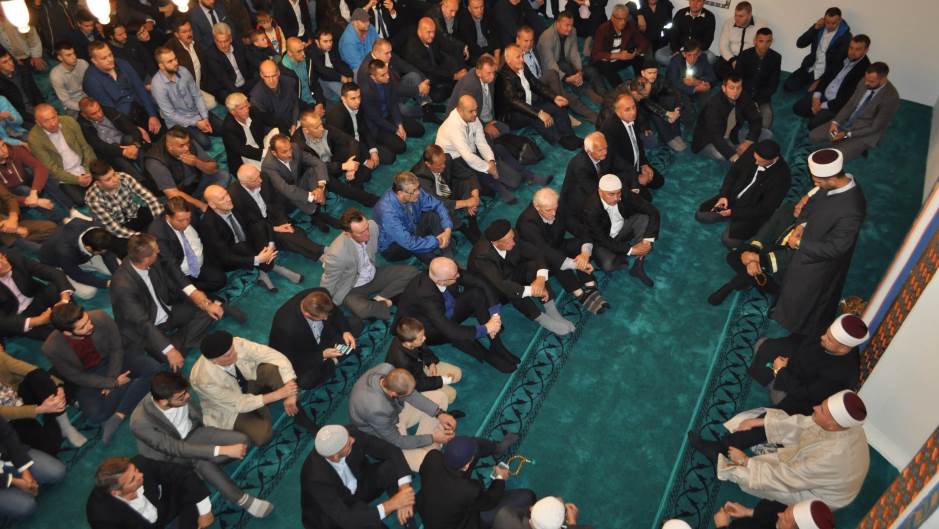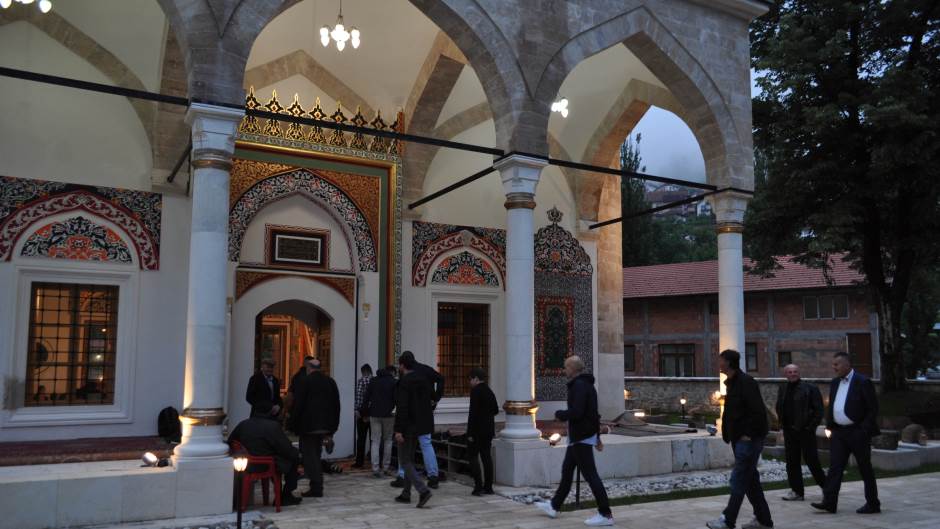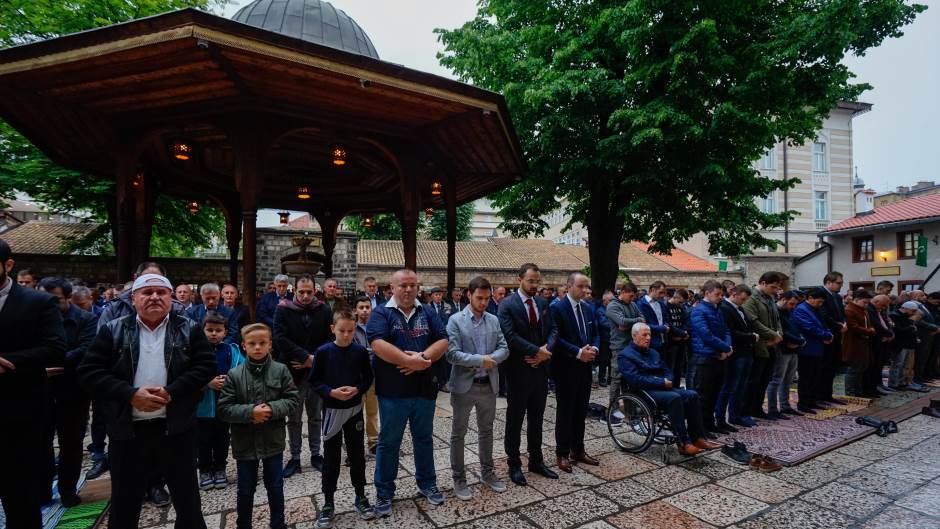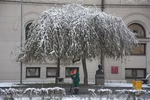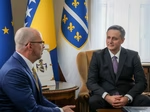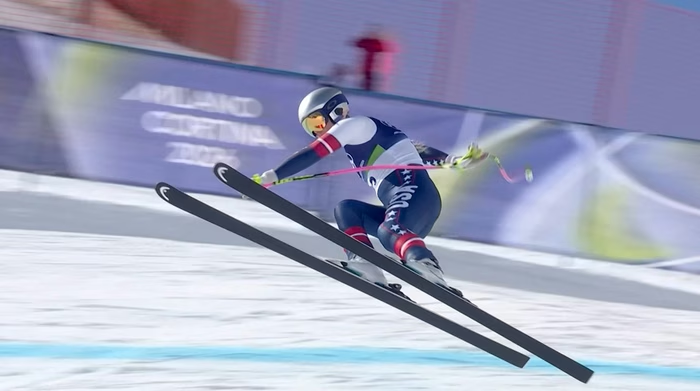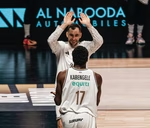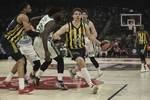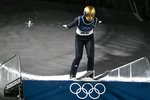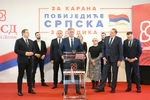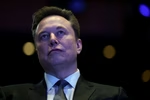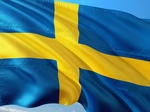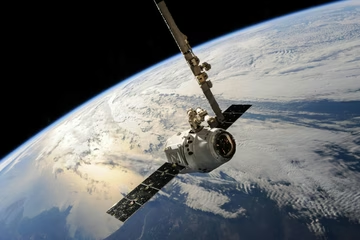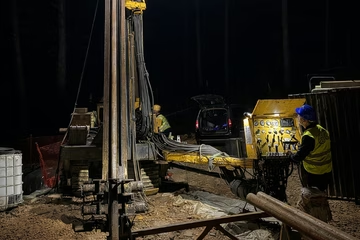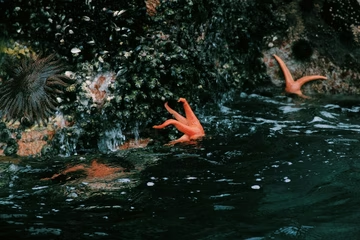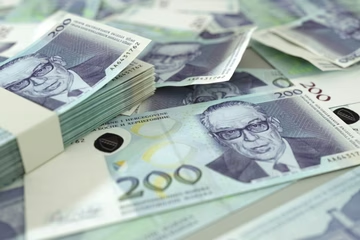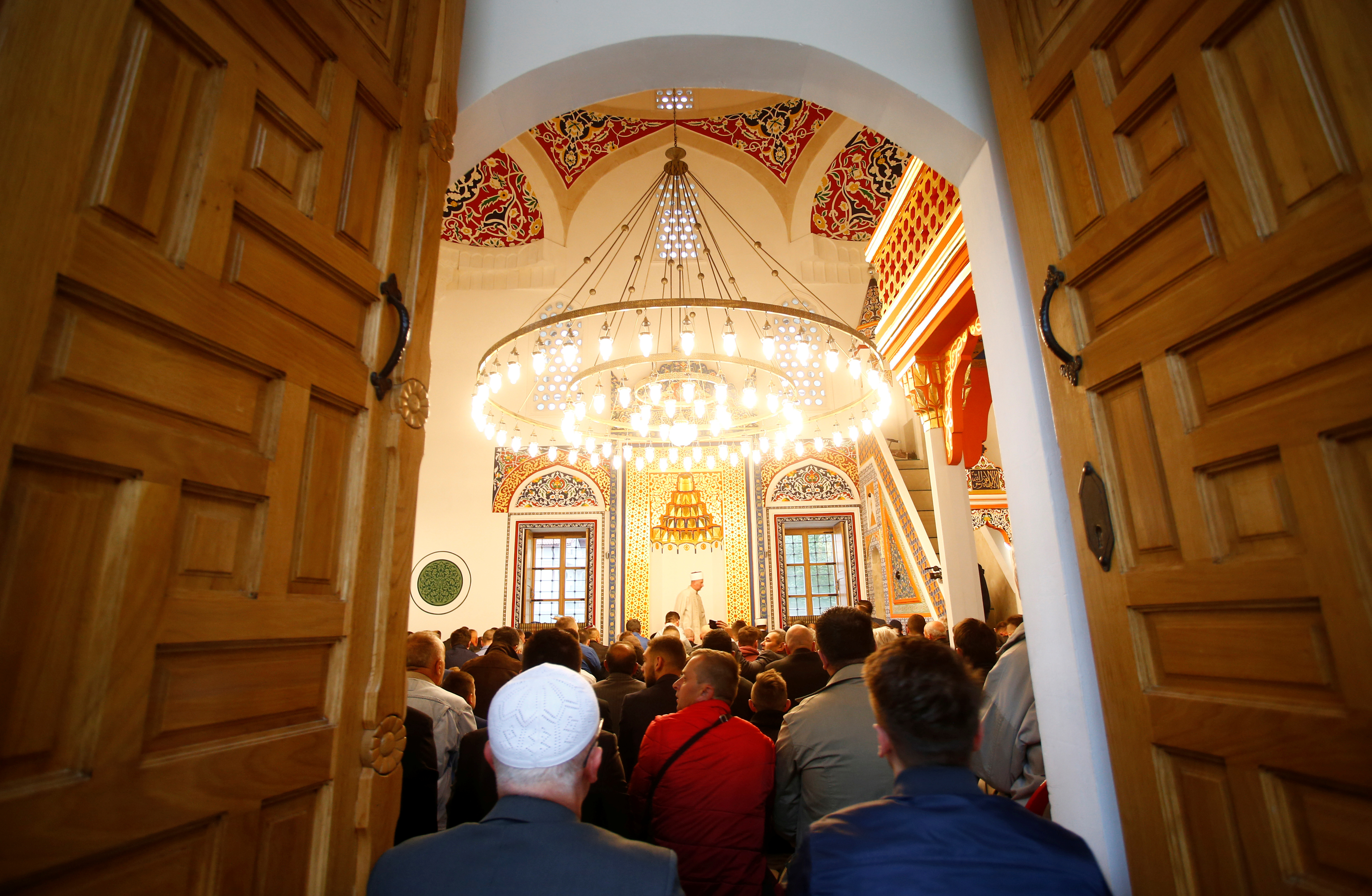
Muslims in Bosnia celebrate on Tuesday their most important holiday, Eid el-Fitr, locally called Bayram, with family gatherings, early morning prayers and sermons which this year called believers to foster diversity, admit their own mistakes and develop social and political awareness.
The three-day holiday marks the end of the fasting month of Ramadan and starts with a communal dawn prayer that is followed by a sermon.
The rest of the day, people visit each other, offer gifts to the children and eat baklava.
The message of this year’s sermon delivered by the head of the country’s Islamic Community, Husein Kavazovic, and broadcasted on Tv live, focused on current political developments, patriotism and reconciliation.
Kavazovic addressed the latest alleged corruption scandal that erupted when a secretly recorded video emerged that appears to be showing the head of the High Judicial and Prosecutorial Council (HJPC), the institution overseeing Bosnia’s judiciary, taking bribes in exchange for helping speed up a case.
“We need to stop the privatisation of public offices and institutions, especially the judiciary, which is ongoing,” Kavazovic said.
“Corrupt institutions turn into injustice and violence, and uncontrolled power turns into violence and despotism,” he added.
He tackled the Bosnia’s bloody past, referring to the 1992-95 war between the Bosniaks, Serbs and Croats - the three main groups living in the country - as well as post-war animosities.
“Bosnia, that is a common word for all of our fears and hopes. We believe that the fate of our homeland is not defined by what happened in the past, but that it emerges from the spirit which keeps being reborn and dreams about what is yet to come. That is its secret which its enemies will never be able to understand,” he said.
He called for people to find the strength to make the country a good place to live in.
“Let us not just reluctantly shrug off the land grab, their obvious attacks and our ignorance and incompetence. We have remained silent and endured enough, we endured injustice and humiliation hoping the others will come to their senses. It is time for us to accept each other as citizens and admit our own mistakes,” he said.
Prayers and sermons like this took place throughout the country.



In the eastern town of Foca, the newly rebuilt Aladza Mosque was not big enough to accommodate all of the believers that arrived at dawn from all over Bosnia to pray at the newly reconstructed mosque that was originally built in the 16th century, so some prayed outside.
“Thank God, and also all the people who contributed to that, how they welcomed our guests here, guests from Bosanski Samac, Sarajevo, Zenica, Niksic, Podgorica, Gornji Vakuf and many parts of Bosnia and Herzegovina and abroad,” said Effendi Remzija Pitic.
The White Mosque in Srebrenica was also too small for all those who wanted to pray at the eastern Bosnian town known for the genocide that occurred here in 1995 when more than 8,000 of Muslim residents were executed.
“We need to be thankful to dear God for giving us a chance to celebrate Bayram following the genocide, to take care of our children that are being born and that are growing up. They are our wealth, and they are what we should be most thankful for,” said the main Imam of the Srebrenica Islamic Community, Damir Pestalic.
“We represent survival here, and while we are here, Bosnia is surviving as well. Bayram is a chance for us to be together, for a brother to hug his brother, for us to extend our hands to each other,” said Bernis Ademovic, who came to pray with his son.
“There is a lot of us, and that is nice to see - that we are here,” said Senad Dzananovic, adding that he is happy to see so many young people also attending the Bayram prayer. “It is nice to see these smiling people, the happiness on their faces. And all of that in Srebrenica.”
Muslims also gathered for the morning prayer in Banja Luka, the administrative centre of Bosnia’s Serb-majority part.
“Today we will send joy and warmth from Banja Luka, we want to bring Banja Luka closer to Sarajevo and Sarajevo closer to Banja Luka. We need to show interest and pay attention and that is how we will show that we want coexistence,” Banja Luka Mufti Nusret Avdibegovic told N1.
Kakvo je tvoje mišljenje o ovome?
Učestvuj u diskusiji ili pročitaj komentare





 Srbija
Srbija
 Hrvatska
Hrvatska
 Slovenija
Slovenija









